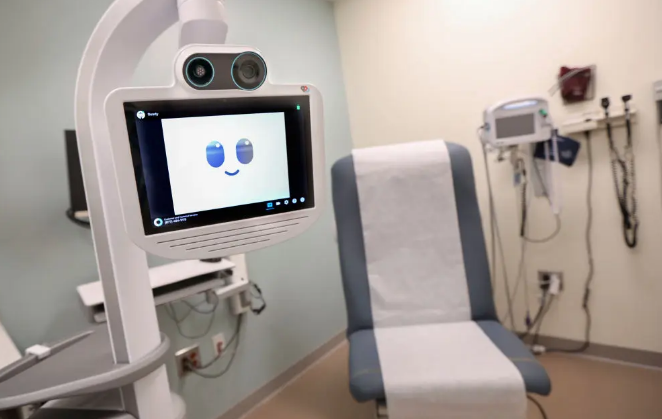Beyond offering convenience and accessibility, virtual doctor visits may also offer an unexpected environmental benefit. A new study published Monday in the American Journal of Managed Care suggests that telemedicine could significantly reduce carbon emissions in the United States by keeping cars off the road.
The research, which analyzed nearly 1.5 million telehealth appointments between April and June 2023, found that an estimated 741,000 to 1.35 million of those visits likely replaced in-person appointments. The shift to virtual care is estimated to have cut carbon dioxide emissions by approximately 23,500 to 52,500 metric tons each month during that period—the equivalent of removing between 61,000 and 130,000 gas-powered vehicles from the road.
“The health care sector contributes significantly to the global carbon footprint,” said Dr. A. Mark Fendrick, co-senior author of the study and director of the Center for Value-Based Insurance Design at the University of Michigan. “Our findings suggest that the environmental impact of medical care delivery can be reduced when lower-carbon options, such as telemedicine, are substituted for other services that produce more emissions.”
Currently, the U.S. health care system is responsible for nearly 9% of national greenhouse gas emissions, while transportation accounts for roughly 29%, according to federal data. As hospitals and clinics take steps to reduce their environmental footprint—such as phasing out high-emission anesthetics and rethinking disposable supplies—telehealth may emerge as another key strategy.
Despite the promising findings, researchers acknowledged several limitations. The study’s data, while extensive, may not fully reflect national trends due to regional variations in internet access, climate, or patient demographics. Additionally, the volume of telemedicine use has declined since the end of the COVID-19 public health emergency, possibly leading to an overestimation of future emissions reductions.
Nevertheless, the study arrives at a critical time as lawmakers consider whether to extend pandemic-era telehealth flexibilities, including Medicare waivers. With growing pressure on the health care industry to reduce its environmental impact, the evidence could help inform future policy decisions.
“The potential of telehealth to reduce emissions is one more reason to preserve and expand access to virtual care,” said Dr. Fendrick. “It’s a win for patients, the health care system, and the planet.”









































